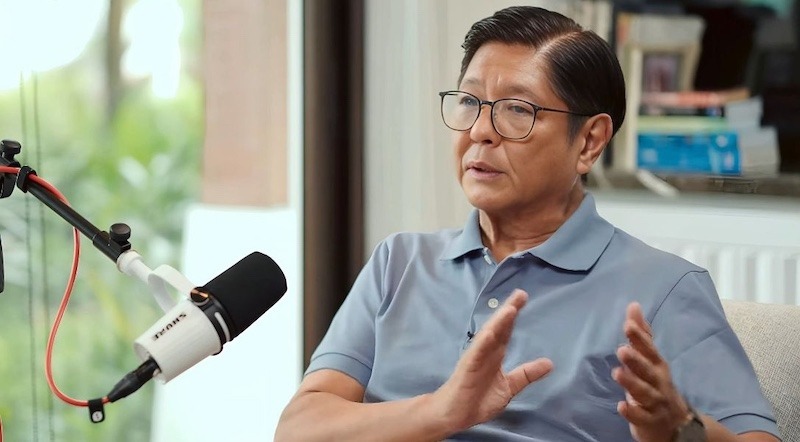
18 June 2025
With education reforms topmost among his priorities, President Ferdinand R. Marcos Jr. has instructed Department of Education (DepEd) Secretary Sonny Angara to reform the K to 12 program and ensure high school graduates are prepared for employment.
“While the law is still K to 12, basta’t ang sinabi ko kay Secretary Sonny Angara is pagandahin natin nang husto habang nandiyan pa ‘yan,” President Marcos said in the second part of the BBM Podcast Episode 2 aired on Wednesday.
While the K to 12 program promised to produce employable high school graduates, President Marcos recounted the common complaint of the mismatch between the curriculum and industry needs.
The President said that DepEd is now working with the private sector to match skills training with in demand jobs, in order to improve the quality and employability of K to 12 graduates.
“We have partnered with the private sector and asked them, ano ba ang kailangan ninyong skills? Ano ba ang kailangan ninyong klaseng trabahador para ma-employ doon sa inyo?” President Marcos said.
“The private sector went even one step further: Gusto niyo kami na magpatakbo ng training? Tapos paglabas niya doon sa training, eh trabaho siya sa amin kasi eksakto ‘yung training niya doon sa kailangan namin. Iyon ang aming ginagawa,” the President added.
President Marcos said in the meantime, proposals to amend Republic Act No. 10533 or the Enhanced Basic Education Act of 2013, was up to Congress.
RA 10533, also referred to as the K to 12 Law, lengthened the duration of basic education from 10 to 12 twelve years by adding two years of senior high school.
The President said he shared the frustration of parents that the K to 12 Law imposed added financial burden from two more years in high school without improving the employability of graduates.
“Sa 10 years, wala namang advantage. Wala namang naging advantage. Hindi rin nakukuha sa trabaho… That’s also my frustration. So we’ll see what Congress will do,” President Marcos said. I PND
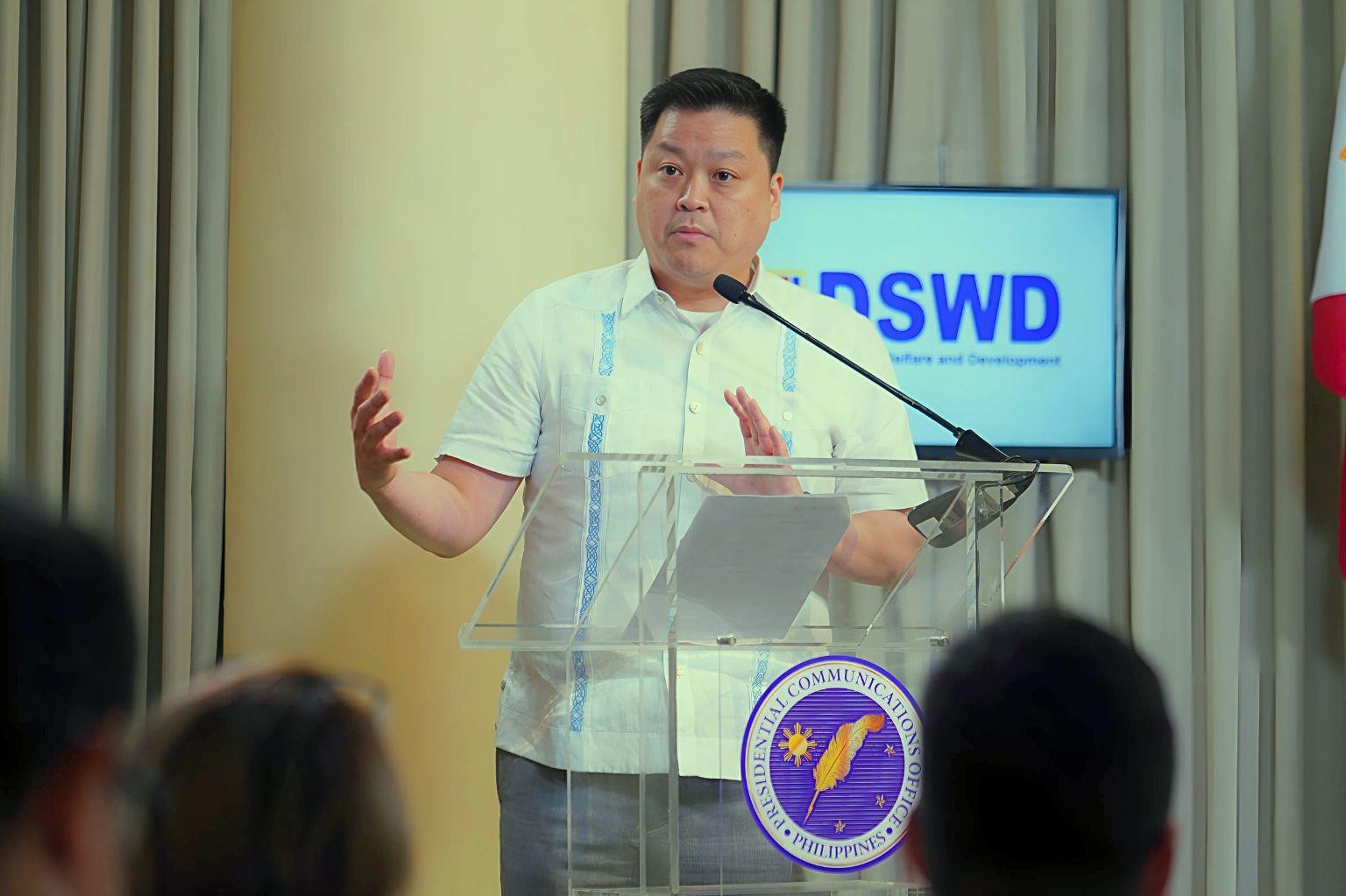
17 June 2025
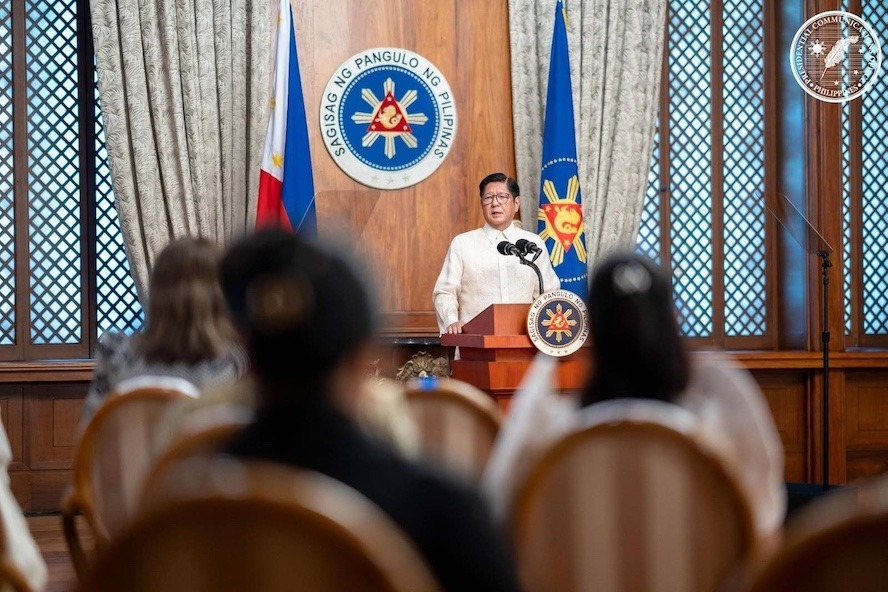
17 June 2025
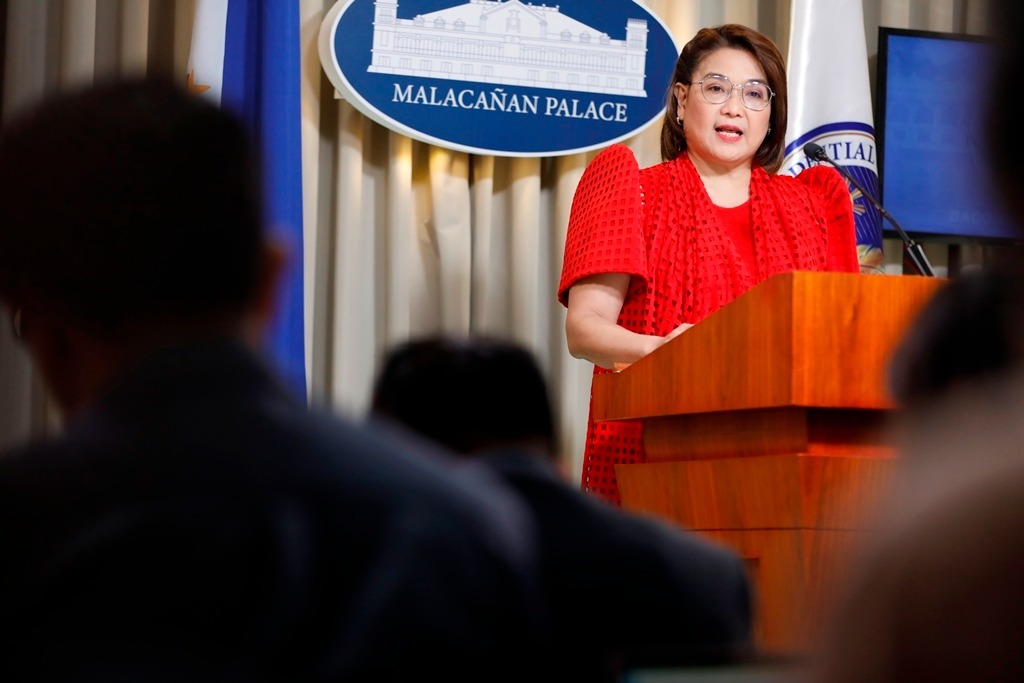
17 June 2025
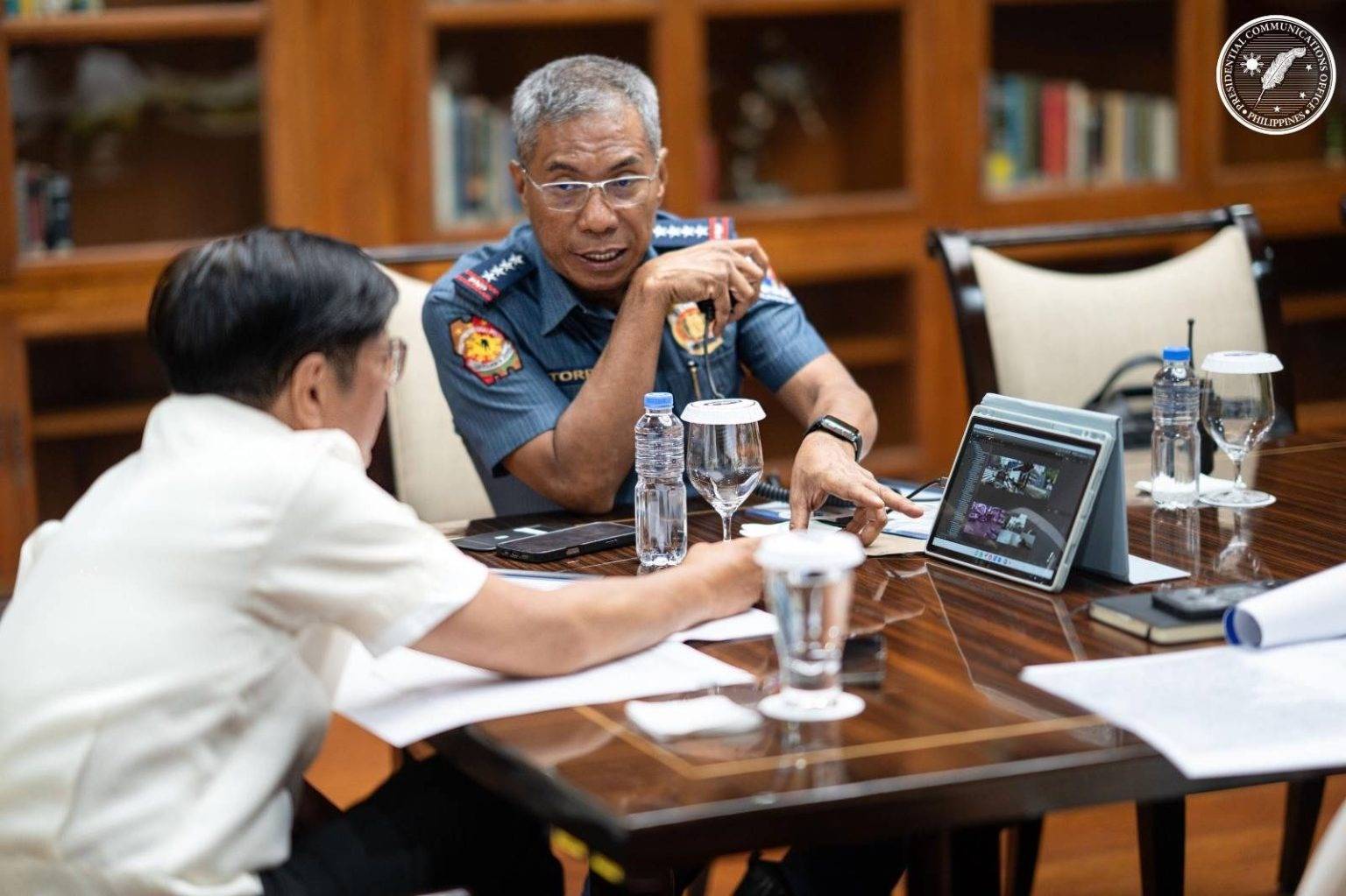
16 June 2025
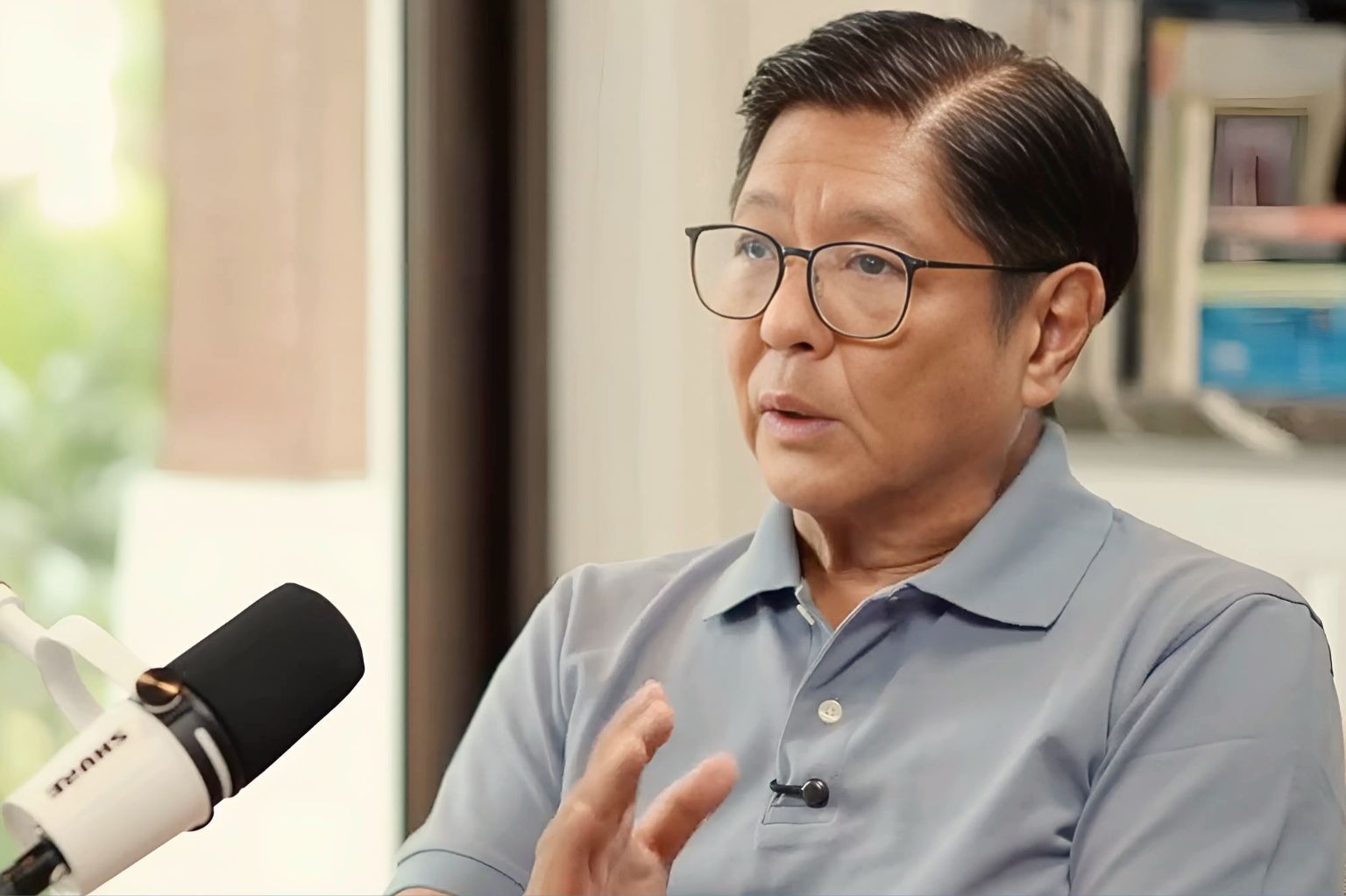
16 June 2025
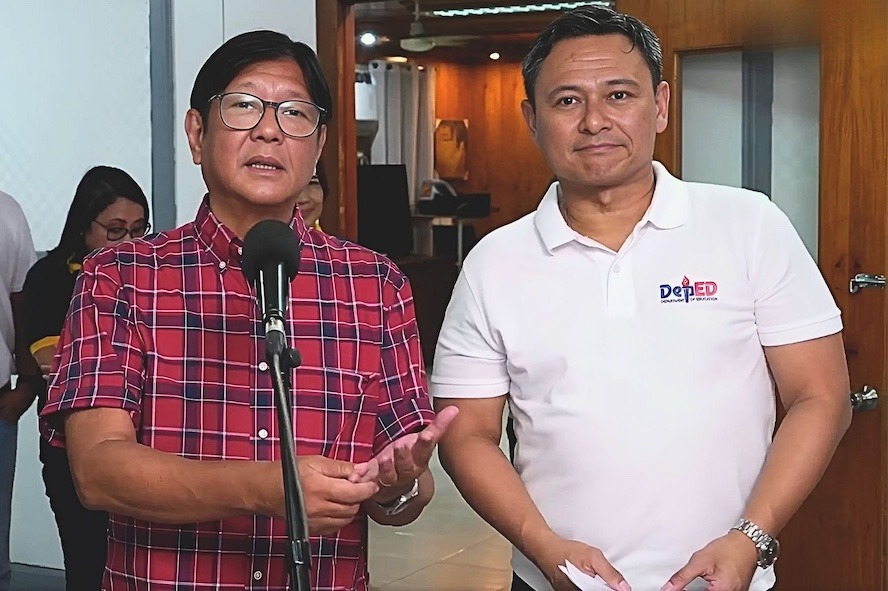
16 June 2025
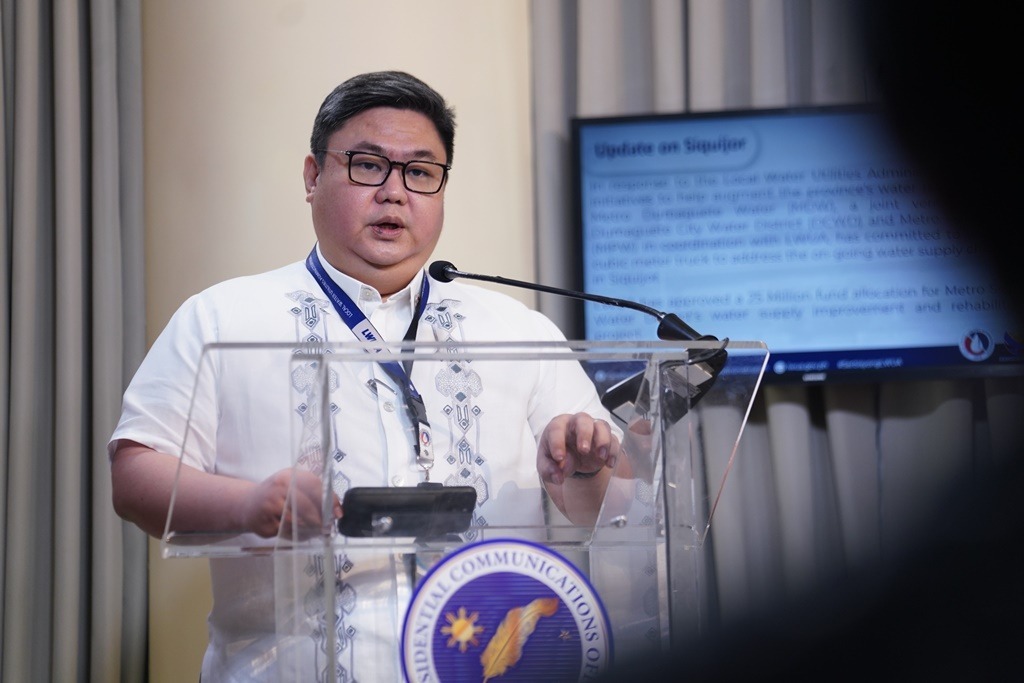
13 June 2025
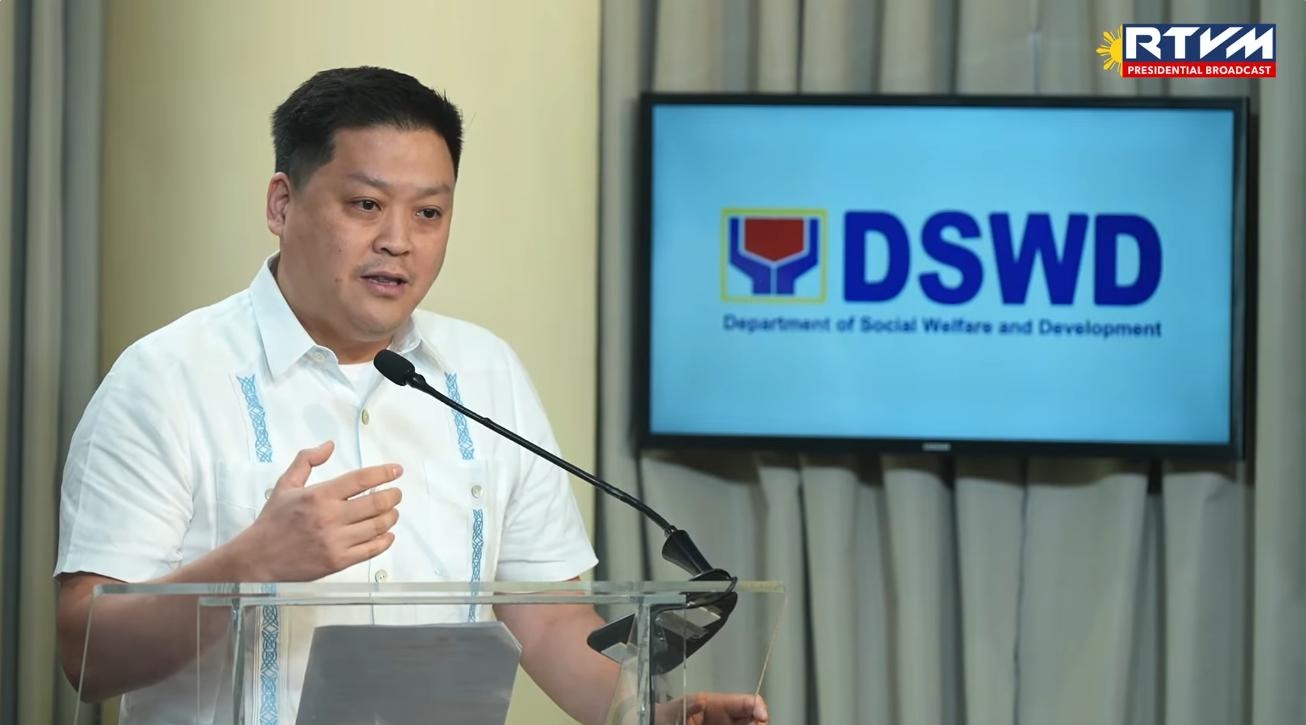
17 June 2025
Under the administration of President Ferdinand R. Marcos Jr., organized groups of persons with disability (PWDs) are now successfully operating electric vehicle shuttle services, allowing them to earn around PhP30,000 monthly.
Department of Social Welfare and Development (DSWD) Secretary Rex Gatchalian said the e-shuttle services under the DSWD’s Sustainable Livelihood Program (SLP) not only provides PWDs a source of livelihood but safe and accessible public transportation as well.
“Binigyan ang mga PWD groups ng halos 2 milyon na grants at nag-invest sila sa mga e-shuttle. Sa katunayan, kumikita sila ng halos 30,000 kada buwan at dinidibidendo na ito sa mga miyembro ng kanilang grupo,” Gatchalian said In a Malacañang press briefing on Tuesday.
“Not only do they get a livelihood, but they are also now able to provide safe, accessible public transport for their sector,” he added.
Gatchalian said 20 Sustainable Livelihood Program Associations (SLPA) are operating nationwide, each with around 100 members with disabilities.
The program currently benefits around 2,000 PWDs, he said.
According to the DSWD, the SLP is a capacity-building initiative designed to help poor, vulnerable, and marginalized households access essential assets and resources to support sustainable livelihoods.
The Marcos administration considers the program a model of inclusive development, demonstrating how targeted government interventions can uplift marginalized communities while delivering practical solutions to broader societal needs. | PND

17 June 2025

17 June 2025

17 June 2025

16 June 2025

16 June 2025

16 June 2025

13 June 2025
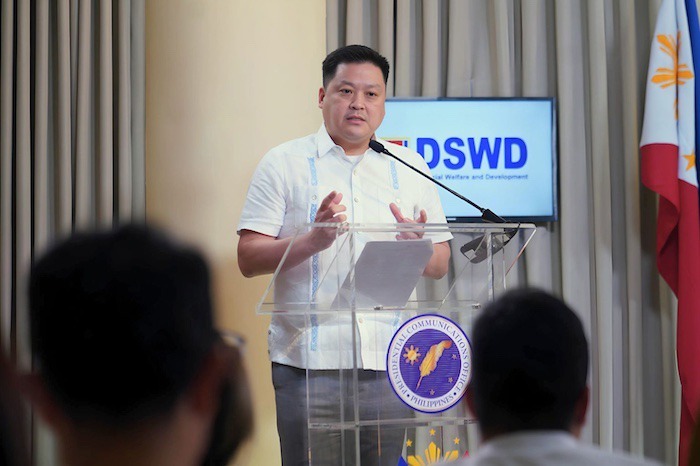
17 June 2025
Taking their cue from President Ferdinand R. Marcos Jr.’s directive to sustain the country’s agricultural sector, the Department of Social Welfare and Development (DSWD) is urging communities to support local farmers and small cooperatives by buying their produce for the upcoming Supplementary Feeding Program (SFP).
“‘Yung instruction ng ating Pangulo, sa ganitong programa dapat ang nakikinabang ay ‘yung mga magsasaka rin or ‘yung mga small agri coops sa lugar na iyon,” DSWD Secretary Rex Gatchalian said in a Palace press briefing on Tuesday.
Gatchalian said PhP5.182 billion had been allotted for this year’s SFP, which aims to reach 1.5 million children enrolled in child development centers (CDC) and supervised neighborhood play (SNP) facilities, formerly called “daycare centers,” across the country.
The DSWD Secretary said hot meals cooked in the kitchens of local government units or the teaching facilities themselves will be distributed to the young pupils age 3 to 6 years old.
The feeding program would last 120 days, but could be extended up to 180 days.
“We always encourage (participating communities) to do community procurement or use the Sagip Saka Law wherein napa-prioritize sa procurement process ‘yung mga magsasaka natin at ‘yung mga agriculture coops natin,” Gatchalian said.
The Sagip Saka Law, or Republic Act 11321, aims to empower farmers and fisherfolk by transforming them into entrepreneurs, thereby enhancing their productivity and overall quality of life.
Gatchalian said each meal will cost PhP25 yet complies with health standards set by the National Nutrition Council.
About PhP22 worth of fresh milk will also be given to every kid found to be undernourished at the beginning of the program. | PND

17 June 2025

17 June 2025

17 June 2025

16 June 2025

16 June 2025

16 June 2025

13 June 2025
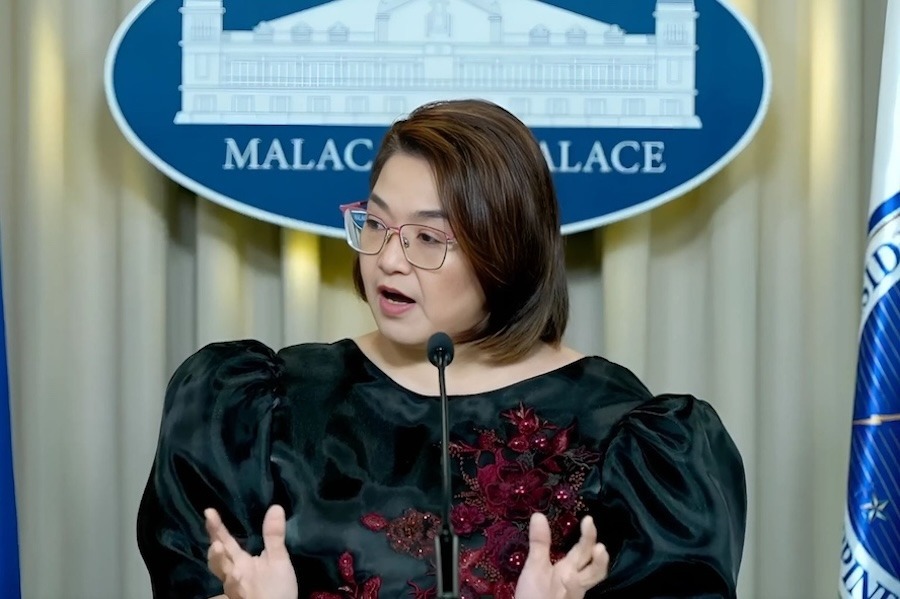
17 June 2025
President Ferdinand R. Marcos Jr. is not open to any form of dialogue concerning the impeachment proceedings, Presidential Communications Office Undersecretary and Palace Press Officer Claire Castro firmly reiterated on Tuesday.
In a Malacañang press briefing, Castro reiterated the clarification after some members of the media continued to ask lawmakers, including Senate President Francis Escudero, about the supposed dialogue on the impeachment issue.
Castro said President Marcos will not engage in any discussions with legislators regarding the pending impeachment trial of Vice President Sara Duterte.
“So, muli, uulitin ko po — hindi po open ang Pangulo sa anumang diyalogo patungkol sa impeachment trial or proceedings,” Castro said.
However, the President may consider a dialogue with Congress leaders on legislative matters including pending bills.
“Maaari lang po siyang makipag-diyalogo kung hindi na maganda ang sitwasyon patungkol sa mga isyu sa bills, sa batas — but not with regard to the impeachment issues,” Castro stressed. | PND

17 June 2025

17 June 2025

17 June 2025

16 June 2025

16 June 2025

16 June 2025

13 June 2025
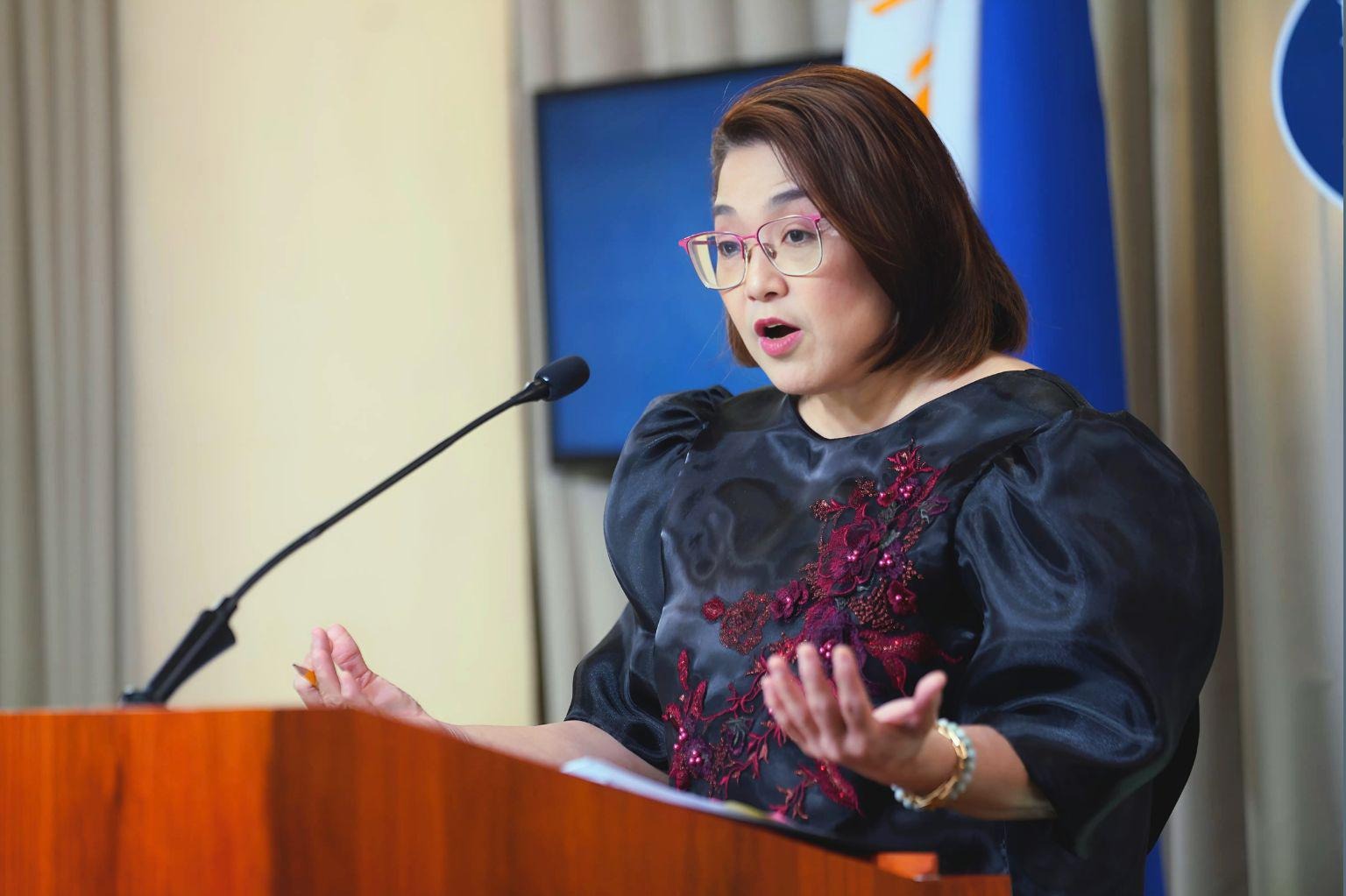
17 June 2025
President Ferdinand R. Marcos Jr. has ordered concerned government agencies to make sure that students could safely resume classes in schools used as evacuation centers on Negros Island amid the unrest of Kanlaon Volcano.
“Hiniling ng Pangulo na tiyakin na handa at ligtas ang mga paaralan upang makabalik ang mga estudyante,” Presidential Communications Office (PCO) Undersecretary and Palace Press Officer Claire Castro said in a press briefing on Tuesday.
Castro said 11 schools — five in Canlaon City, four in La Castellana, and two in La Carlota — had been used as evacuation centers since volcanic eruptions started on June 3, 2024.
The most recent eruption, a “moderately explosive” type, occurred on May 13.
Castro said the Office of Civil Defense, Department of Education, Department of Social Welfare and Development, and local government units have coordinated to transfer evacuees from schools to other temporary shelters, including tents.
The vacated schools have been cleaned and prepared for the return of students.
“Ngayon, unti-unti nang nakakabalik ang mga bata sa kanilang mga silid-aralan. Patuloy ang pagtutok ng gobyerno sa kaligtasan ng mga bata at guro. Habang mino-monitor pa rin ang sitwasyon sa bulkan ay handang magbigay ng suporta kung kinakailangan,” Castro said.
“Nais nating masiguro na hindi mapuputol ang pag-aaral ng ating mga kabataan,” she added.
As of Tuesday, Kanlaon Volcano remains under Alert Level 3, which means it is still experiencing intensified unrest or magmatic unrest, according to the Philippine Institute of Volcanology and Seismology (PHIVOLCS).
People are still not allowed to enter within six kilometers of the volcano’s summit, and flying any aircraft close to the volcano is prohibited. | PND

17 June 2025

17 June 2025

17 June 2025

16 June 2025

16 June 2025

16 June 2025

13 June 2025

17 June 2025
Following President Ferdinand R. Marcos Jr.’s directive to ensure safe and inclusive spaces for persons with disability, the Department of Social Welfare and Development (DSWD) has rolled out disability-friendly electric vehicle shuttle services.
In a briefing in Malacañang on Tuesday, Department of Social Welfare Secretary Rex Gatchalian reported the successful trial run of its corporate shuttle service for PWDs involving 20 electric vehicles deployed in Quezon City.
“Ang mga e-shuttle na ‘to, bukod sa electronic siya, they are PWD enabled. Ibig sabihin may mga rampa, may mga sapat na espasyo para sa mga wheelchair and may mga CCTV cameras to make sure na safe space siya para sa ating mga people with disability na araw-araw pumapasok sa kanilang mga trabaho,” Gatchalian said.
The issue of PWDs’ safety gained renewed attention after a video of a male passenger with autism being assaulted inside a public utility bus went viral in social media over the weekend.
“Mayroon kaming programa kung saan naglalabas tayo ng e-shuttles. These are electric shuttles na binibigyang prayoridad ang ating mga PWD na makasakay papunta sa kanilang mga trabaho,” Gatchalian said.
He said for now the e-shuttle services are intended for PWDs employed by private companies.
The provision of electric vehicles for shuttle services falls under the DSWD’s Persons with Disabilities- Electric Transportation Service (PWD-ETS) pilot project.
The PWD-ETS aims to provide livelihood to PWDs who form Sustainable Livelihood Program (SLP) associations to manage the shuttle services, while providing a safe and efficient transport system for PWDs.
The PWD-friendly e-shuttles can accommodate four wheelchairs and are equipped with CCTV security cameras and charging ports.
Gatchalian said passengers could book a ride by using a mobile app. The e-shuttle services apply regular rates charged by public transport.
“Right now, they operate as corporate shuttles kasi marami tayong mga multinational companies na may inclusivity initiatives… Very aggressive sila in putting people with disability in their workforce,” Gatchalian said. | PND

17 June 2025

17 June 2025

16 June 2025

16 June 2025

16 June 2025

13 June 2025

17 June 2025
Acting on President Ferdinand R. Marcos Jr.’s order to address the needs of students as schools reopen, the Department of Social Welfare and Development (DSWD) has ramped up its efforts to address bullying, promote child mental health, and create safer environments for children.
President Marcos has designated the DSWD as the lead agency supporting the mental health and well-being of children affected by bullying, both online and in person.
During a press briefing in Malacañang on Tuesday, DSWD Secretary Rex Gatchalian highlighted a comprehensive approach that protects victims and addresses the root cause of the behavior of aggressors.
“Sa mata namin, ang kabataan ay isang bulnerableng sector. Iyong ang bully, bagama’t siya iyong aggressor, mayroon din tayo dapat na intervention sa kanya, mayroon tayo dapat psychosocial intervention,” Gatchalian said.
Gatchalian stressed the importance of proactive parenting and revealed that the DSWD is currently developing sessions under its Parenting Effectiveness Service (PES) program in collaboration with child and family psychologists.
Through practical sessions and workshops, the DSWD aims to guide parents and guardians on anti-bullying and other topics such as teenage pregnancy, child nutrition, and values education.
“Kami ‘yung lead agency na naatasan na humubog ng parent effectiveness sessions kasi it all starts at home. Alam natin na ‘yong pagpapalaki ng mga bata, dapat aktibo ang ating mga magulang,” Gatchalian said.
Gatchalian said the DSWD will provide a standardized framework and modules to serve as templates for local government units (LGUs) in implementing the Parent Effectiveness Service Program nationwide.
The anti-bullying campaign is being carried out in partnership with the Department of Education (DepEd), which is in charge of deploying guidance counselors or guidance advisers, and in some cases, licensed psychologists, to provide direct support to students.
“Nasabi na ni (DepEd) Secretary (Sonny) Angara na maglalagay sila ng guidance counselors or guidance advisers. At ang mga local government units sa kanilang mga social welfare and development offices, normally mayroon na iyang built-in na mga child psychologist that deals with social protection for children,” Gatchalian said. | PND

17 June 2025

17 June 2025

17 June 2025

16 June 2025

16 June 2025

16 June 2025

13 June 2025
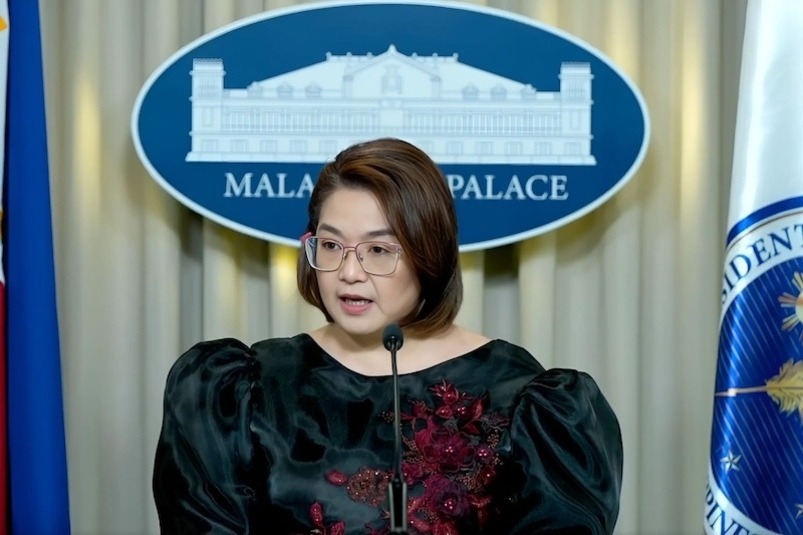
17 June 2025
President Ferdinand R. Marcos Jr.’s directive to enhance police presence in schools has gained broad support from parents and students.
In a Palace press briefing on Tuesday, Presidential Communications Undersecretary and Press Officer Claire Castro showed video clips of several parents and students from Ramon Magsaysay High School expressing gratitude to the administration for initiatives to keep schools safe and protected.
“Mas maganda kasi at least peaceful. ‘Yung mga estudyante marunong silang matakot. Pero now, (nandito) ‘yung mga pulis natin dito, especially nandito pa si General Torre, talagang peaceful,” one parent shared.
Philippine National Police (PNP) chief PGen. Nicolas Torre III reported to President Marcos on Monday, during the opening of the 2025–2026 school year, actions taken on the President’s orders to prioritize student safety.
Also on Monday, Torre visited Ramon Magsaysay High School in Quezon City to oversee deployments of police personnel, promote the 911 emergency hotline, and explain the PNP’s five-minute response time initiative.
Two parents said they feel that their children are now safer with the presence of policemen near schools.
Students echoed these sentiments, saying the presence of police officers gave them confidence and a sense of safety as they returned to school.
“Na-feel po namin na secured po kami since ang Ramon Magsaysay is napupuntahan po ng Police Chief at saka magiging masaya po at ligtas ang mga estudyante,” one student said.
The PNP deployed over 37,000 police officers to monitor thousands of public and private schools across the nation. More than 5,000 police assistance desks will also be set up in the vicinity of schools.
In addition to strengthening school safety, Castro said the PNP also warned drug dealers and militant groups against attempting to recruit students.
Castro said the PNP is committed to intensifying its anti-illegal drugs campaign strategy and community-based policing while upholding human rights.
The increased police visibility in schools is part of a broader initiative dubbed “Oplan Balik-Eskwela,” which aims to ensure student safety, address traffic concerns, and strengthen the partnership between law enforcement and local communities.
President Marcos earlier said that his ultimate goal is to assure parents that their children are safe and protected while in school. | PND

17 June 2025

17 June 2025

17 June 2025

16 June 2025

16 June 2025

16 June 2025

13 June 2025

17 June 2025
President Ferdinand R. Marcos Jr. on Tuesday ordered the Commission on Higher Education (CHED) to effectively implement the Expanded Tertiary Education Equivalency and Accreditation Program (ETEEAP) Act, which grants college degrees based on work experience and prior learning.
During the launch of the Implementing Rules and Regulations (IRR) of the ETEEAP Act held in Malacañan Palace, the President said the law supports highly-skilled individuals who were not able to get to or complete college.
“This law gives our fellows who were not able to finish college a second chance… It supports caregivers, mechanics, technicians, and entrepreneurs- people who have long proven their skill but who now get the recognition that they properly deserve,” President Marcos said.
The ETEEAP Act opens doors to higher positions, better income, and more professional opportunities without taking time away from work in order to attend college.
President Marcos also said the ETEEAP Act helps higher education institutions (HEIs) become more inclusive by acknowledging that learning is not always linear and intelligence takes on many forms.
The law also leads to the development of stronger industries and a more competitive workforce, the President added.
“So, to the CHED and its partner agencies: Let’s ensure the implementation of this Act goes smoothly. Monitor our deputized HEIs and see to it that this law benefits those it was created for,” President Marcos ordered.
The President assured non-college graduates of the government’s support in their goal to improve their lives.
“Huwag kayong humintong mangarap. Ang tunay na sukatan ng dunong ay ang kakayahan ninyong harapin ang mga pagsubok upang matupad ang inyong mga pangarap. Naniniwala po akong patunay kayo na walang limitasyon sa kayang abutin ng bawat Pilipino,” President Marcos said.
“Together, let us shape a Bagong Pilipinas where every Filipino has the chance to be recognized, to grow, and to succeed,” the Chief Executive also said.
Signed by President Marcos on March 3, Republic Act 12124 or the ETEEAP Act would benefit non-college graduates who wish to earn a bachelor’s degree, as well as college graduates who wish to pursue a special graduate degree, without going through traditional schooling methods.
The program is based on academic equivalency and accreditation of prior learning or knowledge and expertise gained from relevant work experience and training. ǀ PND

17 June 2025

17 June 2025

16 June 2025

16 June 2025

16 June 2025

13 June 2025

17 June 2025
In line with President Ferdinand R. Marcos Jr.’s directive to honor the courage and sacrifices of Filipino seafarers, Malacañang paid tribute to Captain Roybel Tabobo and his crew for their heroic response during a maritime emergency in India.
Captain Tabobo and his team aboard the cargo vessel M/V Han Yi were among the first to respond to a distress call from the MSC Elsa 3, a cargo container vessel that sank off the coast of Kerala, India, on May 25.
Through quick thinking and expert seamanship, Tabobo’s team rescued nine Filipino crew members trapped aboard the sinking ship.
Upon his return to the Philippines on June 4, Tabobo was given a hero’s welcome.
In a Malacañang press briefing on Monday, Presidential Communications Office Undersecretary and Palace Press Officer Claire Castro said the government, through the Department of Migrant Workers (DMW), paid tribute to Tabobo in recognition of his leadership, swift action, and selfless service.
Castro cited President Marcos’ directive to spotlight the heroism of Overseas Filipino Workers (OFWs), especially those in high-risk professions such as maritime work.
“Ang pagkilala sa kabayanihan ni Captain Tabobo at ng kanyang crew ay ayon sa direktiba ni Pangulong Ferdinand R. Marcos Jr. na bigyang-pugay ang katapangan, husay, at sakripisyo ng mga Pinoy seafarers saan mang panig ng mundo,” Castro said.
Captain Tabobo’s actions have been widely praised as a reflection of the dedication, competence, and courage that define Filipino seafarers, considered among the best in the world. | PND

17 June 2025

17 June 2025

16 June 2025

16 June 2025

16 June 2025

13 June 2025